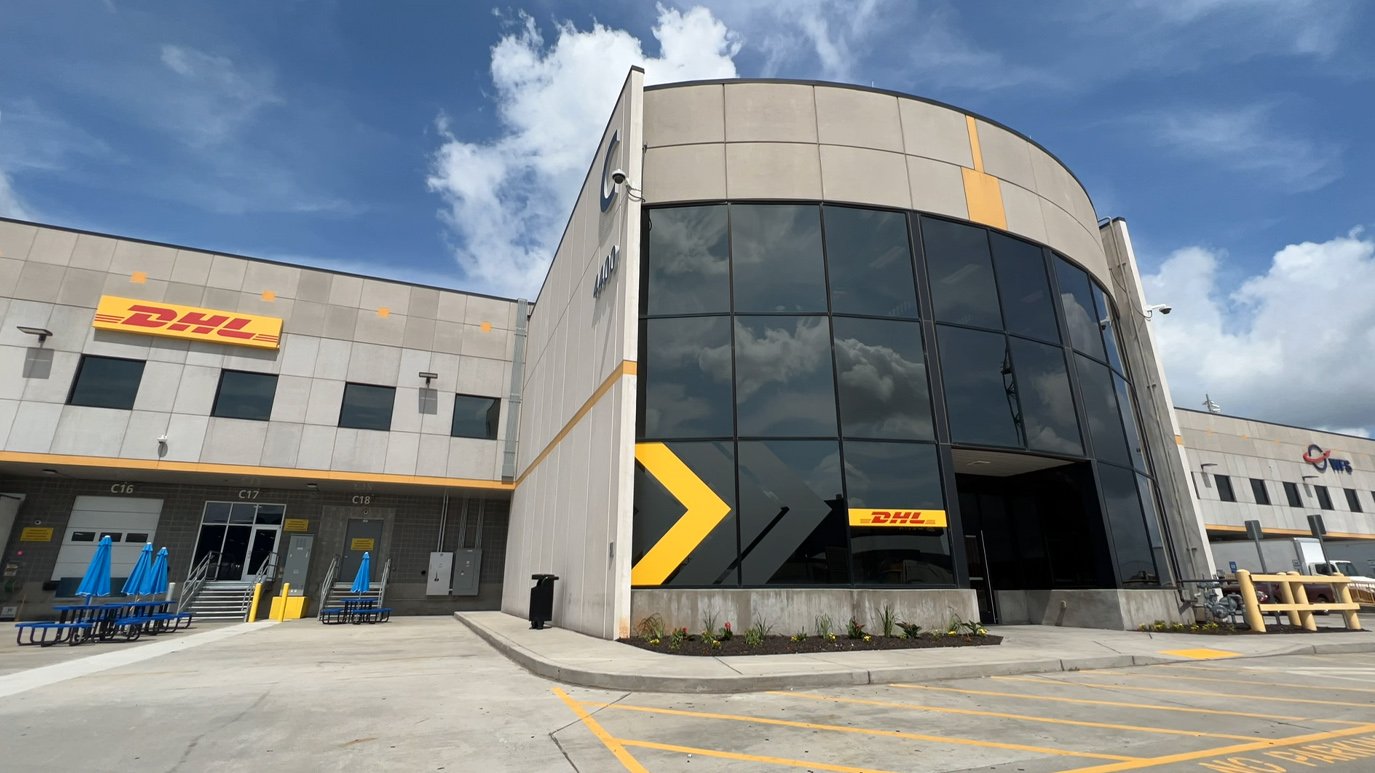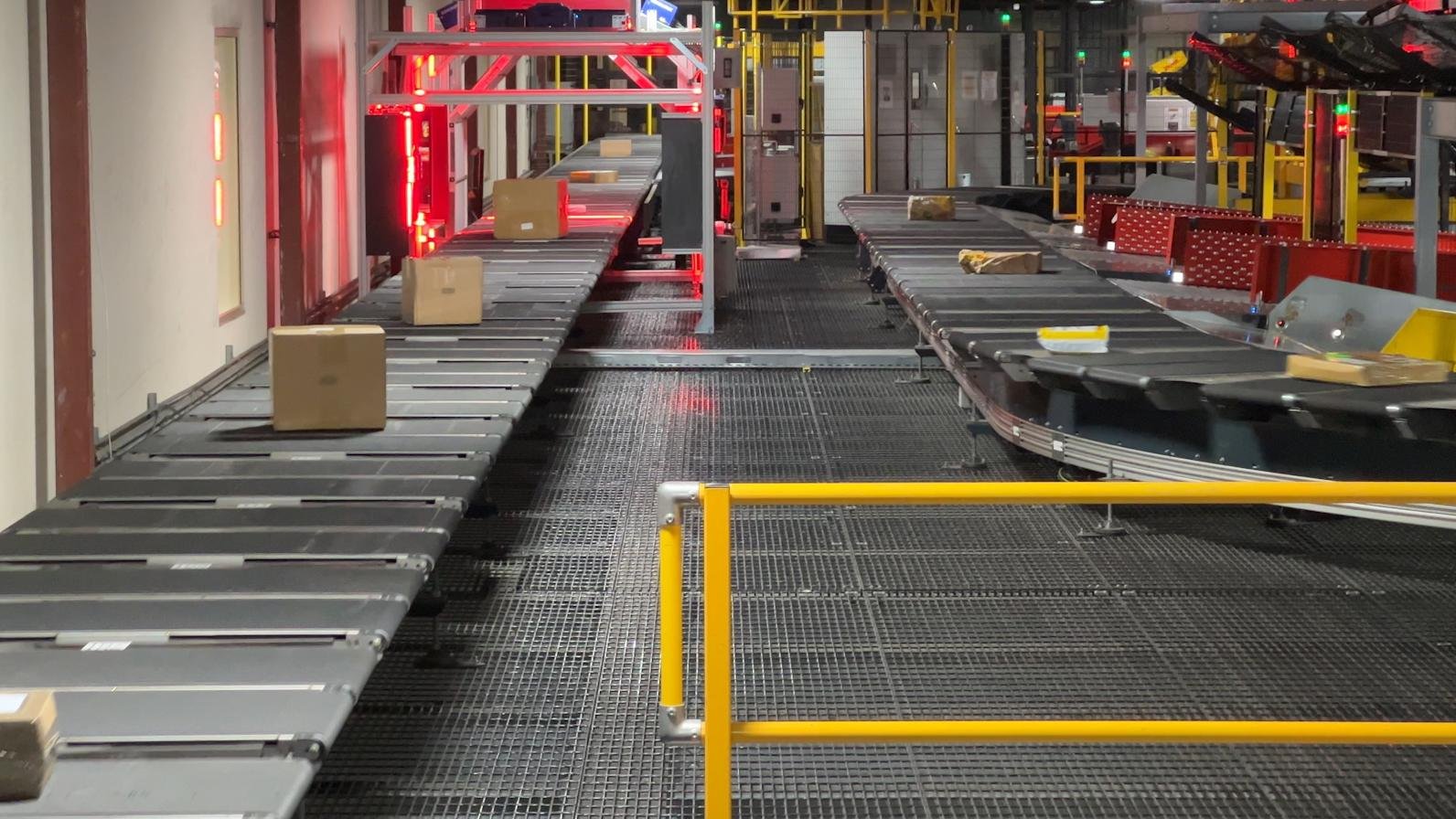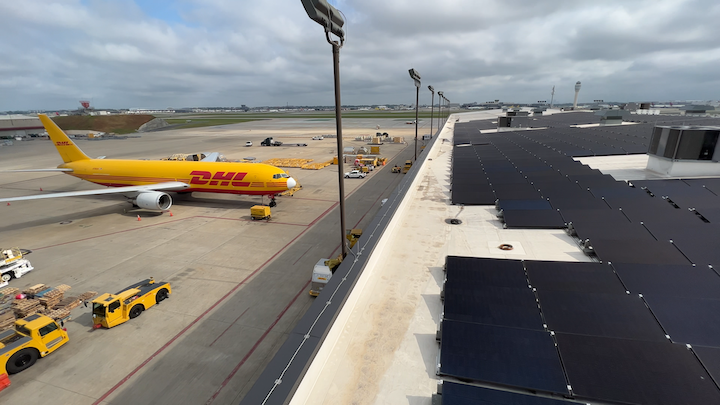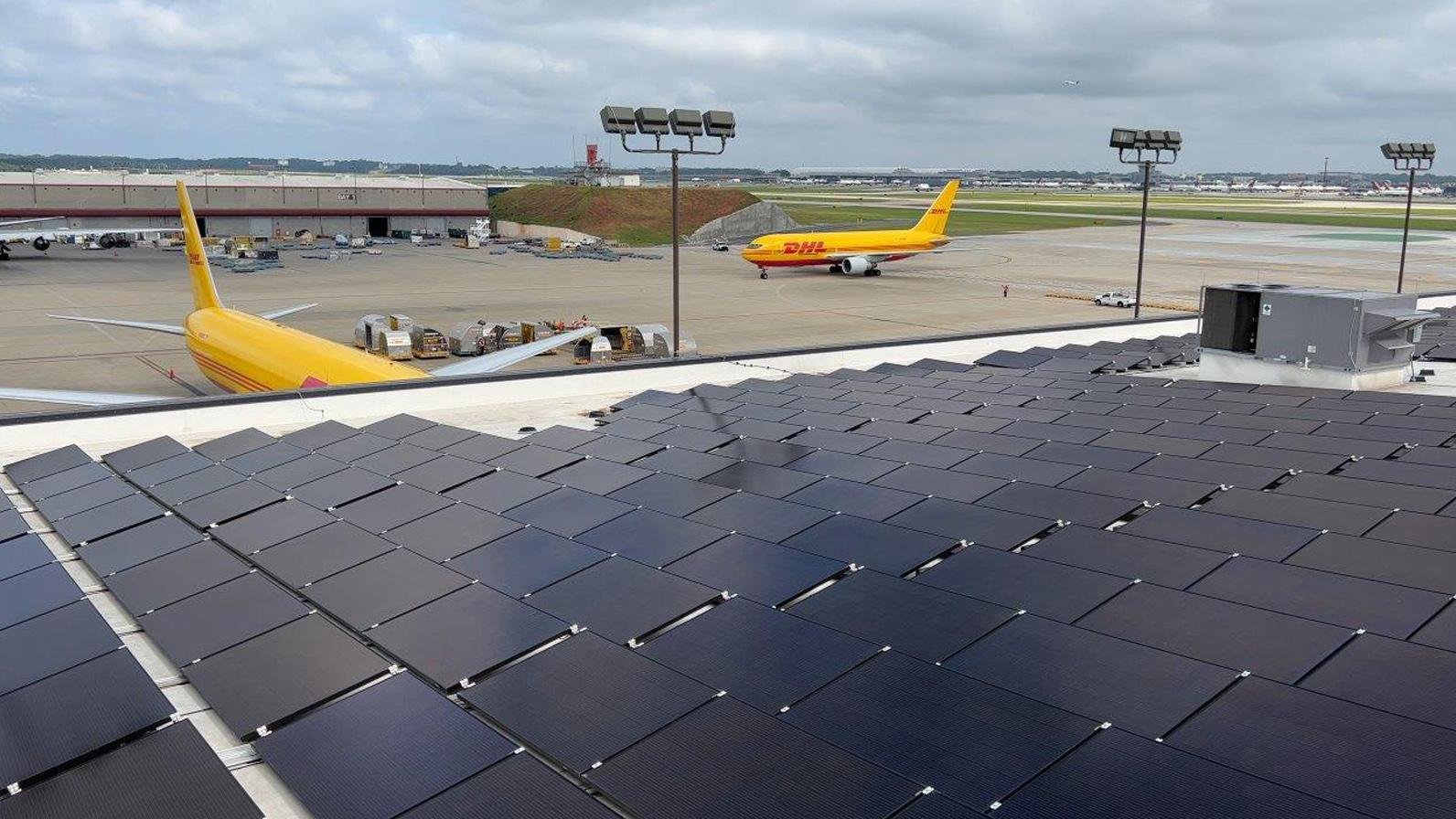DHL’s new automated hub can sort 20,000 pieces per hour
DHL unveils its most eco-friendly hub in the Americas region, based at Hartsfield–Jackson Atlanta International Airport
DHL Express, the global leader in express shipping services, has recently unveiled its state-of-the-art Atlanta hub, showcasing cutting-edge automation and an impressive sorting capacity of 20,000 pieces per hour. This $84.5 million facility at Hartsfield-Jackson Atlanta International Airport serves as the Americas regional hub, strategically enhancing DHL's connections and service capabilities between the United States and key global markets.
Encompassing an expansive area of 100,000 square feet, the hub establishes direct connections between 19 cities in the Southeastern U.S. and prominent destinations across Europe and other major DHL hubs worldwide. The company has ambitious plans to expand flight connections to include Hong Kong, Mexico, the United Kingdom, and Puerto Rico, further cementing its global reach.
What sets the Atlanta hub apart is its cutting-edge automation systems. The facility operates as a fully automated powerhouse, employing advanced technology that can seamlessly sort an impressive 20,000 pieces per hour. This high-speed efficiency ensures swift and precise handling of packages, streamlining the logistics process and enhancing customer satisfaction.
To complement its automated operations, the hub boasts an in-house team of customs brokers, working in close collaboration with on-site U.S. Customs and Border Protection personnel. This strategic partnership expedites customs clearance for DHL customer shipments, ensuring smooth and efficient transit.
Additionally, the Atlanta hub prioritizes sustainability and environmental responsibility. A 65,000-square-foot rooftop solar panel system generates up to 50% of the facility's on-site energy consumption, significantly reducing its carbon footprint by preventing the release of approximately 380 metric tons of CO2 emissions annually. Moreover, the hub incorporates eco-friendly features such as LED lights, electric forklifts, dock seals, and rapid rise doors, all contributing to its overall environmental consciousness.
DHL Express is proud to present the Atlanta hub as a prime example of their commitment to cutting-edge automation and operational excellence. With its unrivaled sorting capacity of 20,000 pieces per hour and advanced technology-driven systems, the hub ensures swift and reliable express shipping services, further strengthening DHL's position as the industry leader.
DHL debuts $84.5 million Atlanta hub
DHL Express, the logistics giant’s international express shipping services wing, recently opened its Americas regional hub at the Hartsfield-Jackson Atlanta International Airport.
The $84.5 million facility is designed to further strengthen the company’s connections and service capabilities between the U.S. and key global markets, increasing capacity and speeding transit times.
Spanning 100,000 square feet, the state-of-the-art hub establishes direct connections between 19 cities in the Southeastern U.S. and markets including Europe and major DHL hubs worldwide. Future plans involve adding flight connections to Hong Kong, Mexico, the U.K. and Puerto Rico.
Spanning 100,000 square feet, the state-of-the-art Atlanta hub establishes direct connections between 19 cities in the Southeastern U.S. and key global markets.
The Atlanta hub is fully automated, equipped with technology capable of sorting up to 20,000 pieces per hour. To ensure faster clearance of DHL customer shipments, the hub employs in-house customs brokers and collaborates with on-site U.S. Customs and Border Protection (CBP) personnel.
Additionally, DHL implemented advanced threat detection and security screening technologies, which effectively can prevent the entry of illegal and hazardous commodities into its network.
The hub also aims to set new standards for sustainability, generating up to 50 percent of its on-site energy consumption through 65,000-square-foot rooftop solar panels, preventing the release of 380 metric tons of CO2 emissions annually. Moreover, the hub employs environmentally conscious features such as LED lights, electric forklifts, dock seals, and rapid rise doors, further minimizing its environmental impact.





